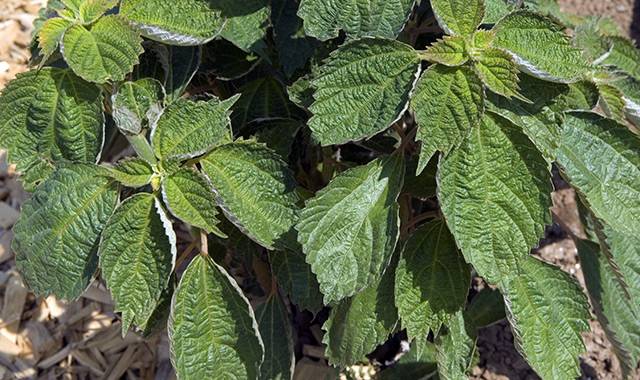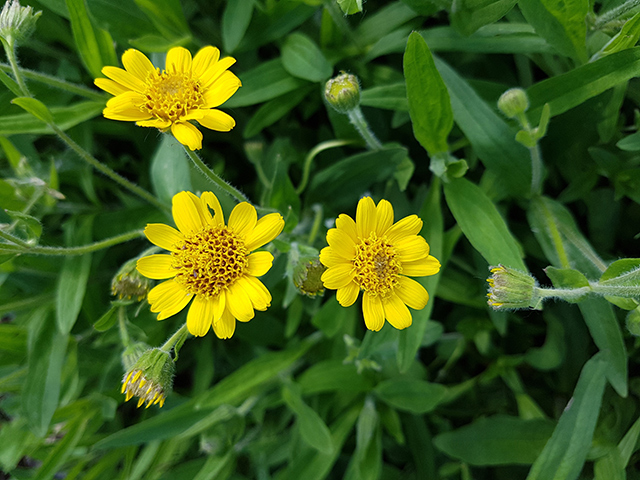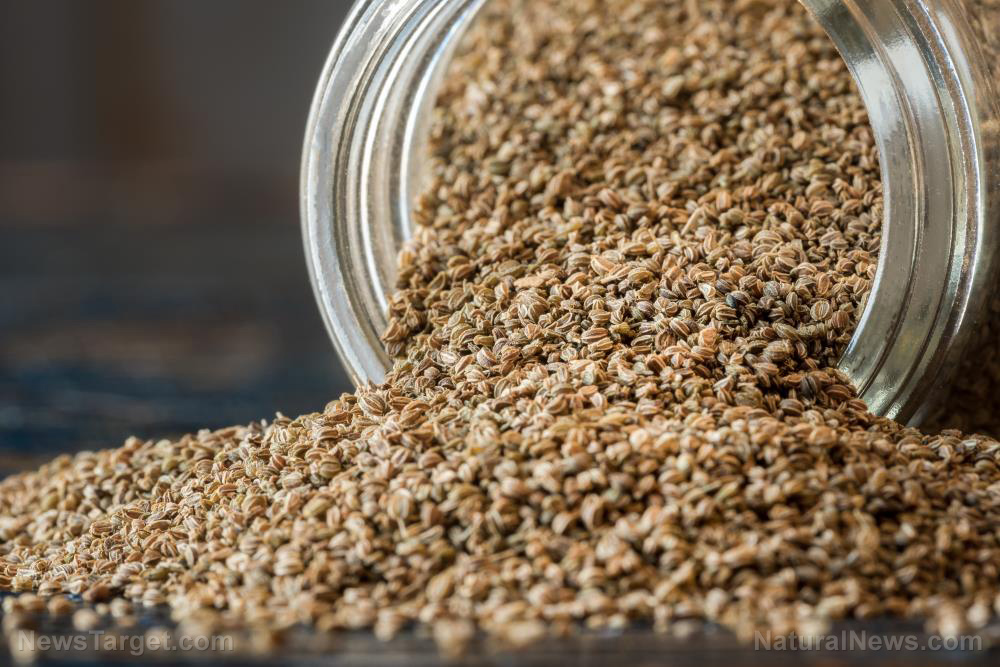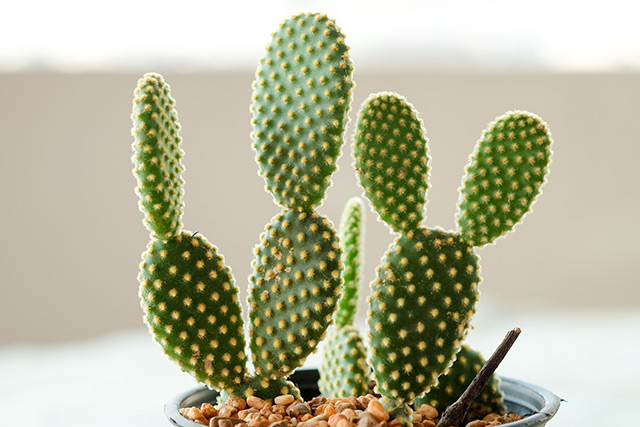Researchers find that some medicinal herbs display great prebiotic potential
11/29/2018 / By Ellaine Castillo

Talking about digestive problems might be uncomfortable for some, it’s surprisingly common — in fact, more than 60 million Americans have it. The use of herbal remedies for treating gastrointestinal problems has been well studied. However, not much attention has been focused on identifying a possible link between these digestive health benefits and the prebiotic potential of the herbs. In a study published in The Journal of Alternative and Complementary Medicine, a group evaluated the prebiotic potential of three commonly used Ayurvedic herbal medicines and determined the possible mechanisms involved in their pharmacological activity.
To prevent gastrointestinal problems, it is important to maintain a healthy population of gut bacteria. The gut is teeming with trillions of bacteria that can either be beneficial or pathogenic. Having a good amount of beneficial bacteria, which are known as probiotics, helps promote digestion and reduces the risk of diseases by giving the immune system a boost. These good bacteria can be acquired from fermented foods like yogurt, kimchi, kefir, and pickles, as well as probiotic supplements.
Once beneficial bacteria have colonized the gut, they won’t be able to survive on their own. They should be provided with a supply of undigested dietary carbohydrates, known as prebiotics, that they can utilize as food. Prebiotics don’t just support bacterial growth, their metabolism also leads to activities like reducing inflammation, improving gut barrier function, and facilitating gut-brain axis signaling — all of which are beneficial to gastrointestinal health.
Herbs are commonly utilized in traditional Ayurvedic practice for the treatment of gastrointestinal disorders. Some examples of Ayurvedic medicines include slippery elm (Ulmus rubra), licorice (Glycyrrhiza glabra), and triphala. Slippery elm and licorice are used for treating conditions like hyperacidity, ulcers, and damaged membranes since they have anti-inflammatory activities. Meanwhile, triphala, which is a combination of Indian gooseberry (Emblica officinalis), beleric myrobalan (Terminalia bellerica), and black myrobalan (Terminalia chebula), is known for its ability to improve gut barrier function and nutrient absorption.
In the study, the prebiotic potential of these Ayurvedic herbal medicines was evaluated through in vitro anaerobic fecal cultures obtained from volunteers who have been following a vegetarian or vegan diet for at least a year prior to collection. The researchers based their assessments on the bacterial populations present in the fecal samples. Results showed that when supplemented with the herbal medicines, the population of good bacteria, such as Bifidobacterium and Lactobacillus, increased while pathogenic bacteria decreased. The researchers also observed an increase in the amount of glycosyl hydrolase, which is involved in the digestion of carbohydrates. This shows that the carbohydrates found in the herbs can be digested and utilized as prebiotics by the beneficial gut bacteria.
The researchers also observed an increase in bacteria that produce butyrate and propionate. This observation reveals potential mechanisms involved in the pharmacological activities of the herbs since butyrate is known to reduce inflammation while propionate is involved in glucose and lipid production. Moreover, the two of them also promote insulin production and glucose regulation.
The results of the study show that the slippery elm, licorice, and Triphala have antibiotic potential as exhibited by a rise in the probiotic bacteria population and an increase in enzymes for carbohydrate digestion. Furthermore, supplementation with these Ayurvedic medicines was also associated with the ability to reduce inflammation, improve colonic epithelium function, and protect against pathogens. Overall, these results prove that taking herbal medicines is beneficial for digestive health partly because of their prebiotic potential. (Related: Your probiotics might not be enough unless you’re also taking PREbiotics, expert warns.)
Learn more about the health benefits of Ayurvedic herbs by visiting Herbs.news today.
Sources include:
Tagged Under: Ayurveda, Ayurvedic medicine, beleric myrobalan, black myrobalan, digestion, digestive problems, Emblica officinalis, gastrointestinal health, gastrointestinal problems, Glycyrrhiza glabra, gut health, gut microbiota, herbal medicine, Herbs, Indian Gooseberry, licorice, prebiotics, probiotics, Slippery elm, Terminalia bellerica, Terminalia chebula, Triphala, Ulmus rubra




















